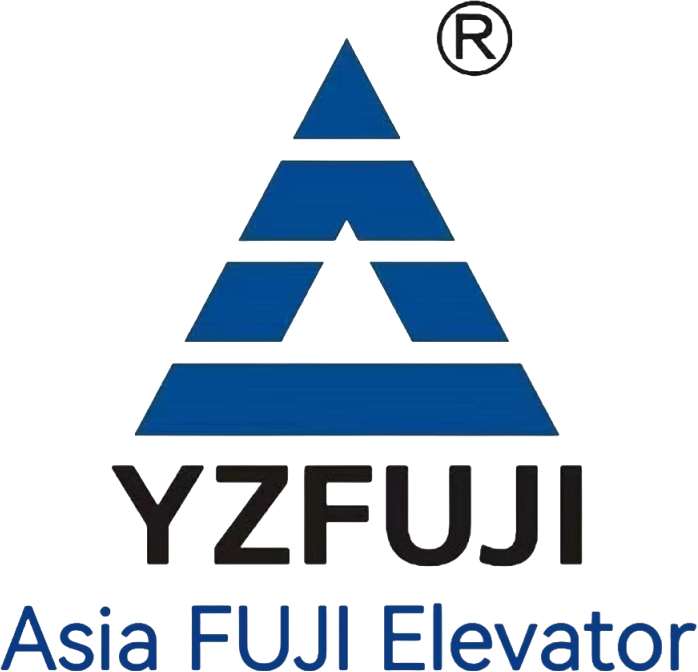Innovative Medical Elevator Solutions: Enhancing Accessibility in Healthcare Facilities
In the rapidly evolving landscape of healthcare, accessibility is paramount. Medical elevator solutions play a crucial role in ensuring that patients, staff, and medical equipment can move seamlessly between floors in hospitals and clinics. These elevators are specifically engineered to cater to the unique demands of healthcare environments, where efficiency and safety are of the utmost importance.
One of the primary functions of medical elevators is to transport patients safely and comfortably. Unlike standard elevators, these systems often feature spacious cabins that can accommodate stretchers, wheelchairs, and various medical devices. This design consideration not only enhances the patient experience but also simplifies the logistical challenges faced by healthcare providers.
Medical elevator solutions are equipped with advanced safety mechanisms, including emergency stop systems, redundant power supplies, and real-time monitoring, which all contribute to a secure environment. This is especially vital in a healthcare context, where every second counts and the well-being of patients is the top priority. Moreover, many medical elevators are designed to be compliant with stringent health and safety regulations, ensuring that they meet the required standards for operation in medical facilities.
Another important aspect of these elevators is their customization potential. Different healthcare facilities have varying needs, and the ability to tailor elevator solutions can greatly enhance operational efficiency. For instance, some medical elevators are designed for freight, facilitating the movement of supplies and large equipment between floors without disrupting patient transport. This versatility allows hospitals to maximize their use of vertical space, ultimately leading to more effective resource management.
The installation of medical elevator solutions is also a significant investment in the future of healthcare infrastructure. With the increasing emphasis on patient-centered care and improved operational workflows, having the right elevator systems in place can enhance the overall functionality of a healthcare facility. Hospitals and clinics that prioritize accessibility and efficiency are better equipped to provide high-quality care, which is vital in today’s competitive healthcare market.
In conclusion, medical elevator solutions are essential for enhancing both patient experience and operational efficiency in healthcare environments. By understanding their importance, features, and customization options, healthcare providers can make informed decisions that will improve the delivery of care and streamline operations. Whether it's transporting patients or medical equipment, these elevators are a critical component of modern healthcare infrastructure.
One of the primary functions of medical elevators is to transport patients safely and comfortably. Unlike standard elevators, these systems often feature spacious cabins that can accommodate stretchers, wheelchairs, and various medical devices. This design consideration not only enhances the patient experience but also simplifies the logistical challenges faced by healthcare providers.
Medical elevator solutions are equipped with advanced safety mechanisms, including emergency stop systems, redundant power supplies, and real-time monitoring, which all contribute to a secure environment. This is especially vital in a healthcare context, where every second counts and the well-being of patients is the top priority. Moreover, many medical elevators are designed to be compliant with stringent health and safety regulations, ensuring that they meet the required standards for operation in medical facilities.
Another important aspect of these elevators is their customization potential. Different healthcare facilities have varying needs, and the ability to tailor elevator solutions can greatly enhance operational efficiency. For instance, some medical elevators are designed for freight, facilitating the movement of supplies and large equipment between floors without disrupting patient transport. This versatility allows hospitals to maximize their use of vertical space, ultimately leading to more effective resource management.
The installation of medical elevator solutions is also a significant investment in the future of healthcare infrastructure. With the increasing emphasis on patient-centered care and improved operational workflows, having the right elevator systems in place can enhance the overall functionality of a healthcare facility. Hospitals and clinics that prioritize accessibility and efficiency are better equipped to provide high-quality care, which is vital in today’s competitive healthcare market.
In conclusion, medical elevator solutions are essential for enhancing both patient experience and operational efficiency in healthcare environments. By understanding their importance, features, and customization options, healthcare providers can make informed decisions that will improve the delivery of care and streamline operations. Whether it's transporting patients or medical equipment, these elevators are a critical component of modern healthcare infrastructure.
medical elevator solution
BLOG






